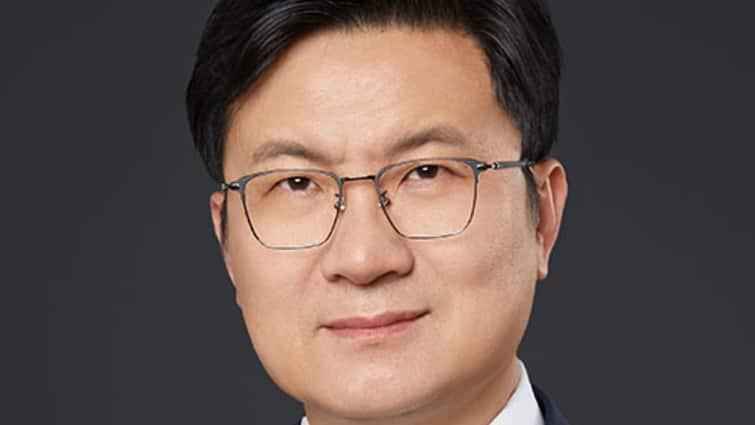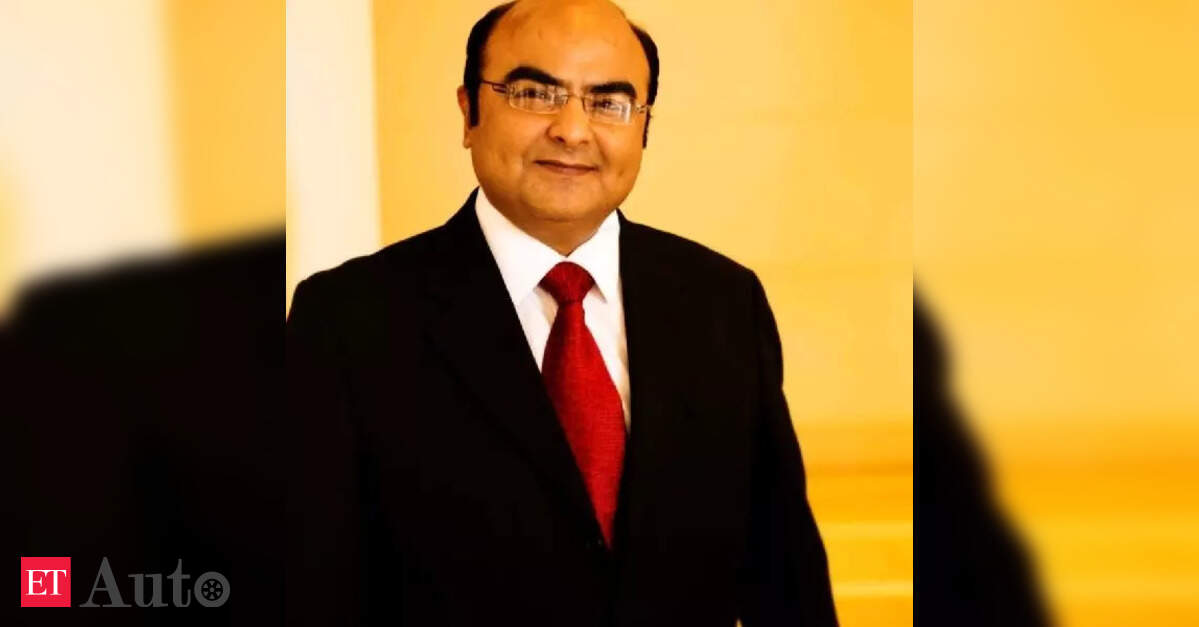Days after President Donald Trump announced a fresh round of 100 per cent tariffs on Chinese imports and tightened export controls on critical US-made software, a senior Chinese diplomat in India issued a stern warning to Washington, saying Beijing would “respond appropriately” if the US failed to step back.
Speaking in Kolkata on Wednesday, Chinese Consul General Xu Wei urged the United States to “correct its mistakes” or risk retaliatory action. “China’s stance is very clear. We don’t want any conflict. But if we are pushed, we will definitely respond. We will fight, but our doors are open,” Xu said. “Cooperation benefits both countries. We urge the US to correct its mistakes and resolve issues. If it does not, China will take the necessary steps to protect its rights.”
Trump’s Fresh Tariff Offensive
Last week, Trump said that unless China acted to address trade imbalances and technology concerns, the US would impose an additional 100 per cent levy on Chinese imports, on top of the existing 155 per cent tariffs. The new duties are scheduled to take effect from November 1, extending the president’s so-called “secondary tariff” strategy that targets nations seen as indirectly supporting Russia’s wartime economy through energy trade.
India Drawn Into Wider Trade Tensions
Xu Wei’s comments also referenced India’s position, noting that New Delhi too has faced steep tariffs which were as high as 50 per cent, under the Trump administration over its continued purchases of Russian oil. At the event hosted by the Chinese Consulate in Kolkata, Xu stressed the importance of cooperation between India and China in countering global trade pressures.
“Not only China, but the US and India also need cooperation because cooperation benefits and confrontation hurts everyone,” he said.
The consul general highlighted that bilateral trade between India and China has consistently exceeded $100 billion in recent years, with trade reaching $115 billion from January to September 2025.
Push For Connectivity
Xu announced that direct flights between India and China will resume from October 26, restoring connectivity disrupted during the pandemic. He added that Chinese missions in India have already issued 280,000 visas this year, with the number expected to surpass 300,000 by year-end.
The event, attended by representatives from business chambers and trade associations, underscored Beijing’s efforts to deepen commercial engagement with India despite ongoing global uncertainty.
Beijing Halts US Soybean Imports
In a visible sign of retaliation, China halted imports of US soybeans in September — the first time since November 2018 that purchases dropped to zero. Data from China’s General Administration of Customs showed imports falling from 1.7 million metric tons in the same month last year to none this year.
Chinese buyers instead turned to South American suppliers, sharply increasing purchases from the region amid the escalating trade standoff. Analysts warned the move could cost US farmers billions, though Beijing may face temporary shortages before Brazil’s next harvest.
Rare-Earth Dispute Clouds Upcoming Trump–Xi Meeting
Trump is scheduled to meet Chinese President Xi Jinping in South Korea in about three weeks, though Beijing has not confirmed the meeting. The US president recently accused China of “holding the global economy hostage” after it expanded export curbs on rare-earth elements, vital to high-tech manufacturing.
Trump said on social media that there was “no reason” to hold the meeting given China’s latest restrictions, intensifying uncertainty around one of the world’s most consequential trade relationships.



